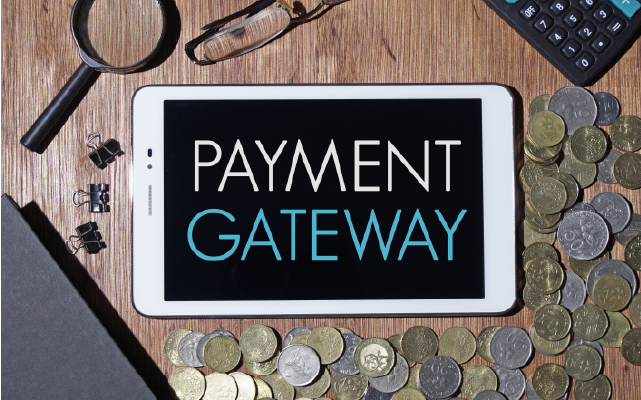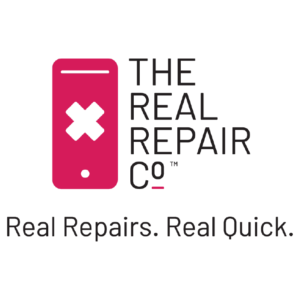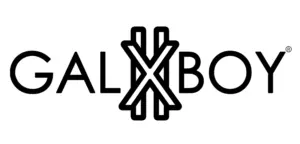A payment gateway is the final step of the sales process on an eCommerce website. It is also one of the most important things to consider when launching an eCommerce business. Payflex has put together a beginner’s guide to eCommerce payment gateways to help answer any questions or address any concerns you may have.
But first, what is a payment gateway?
A payment gateway is an eCommerce service that processes, authenticates, and accepts or declines transactions on a merchant’s behalf. It essentially acts as a middleman between merchants and customers. This is a seamless process and a customer does not directly interact with the gateway.
The gateway itself is simply a secure online link between the merchant and the customer’s bank. Sensitive information, such as credit card numbers need to be protected at all times from fraudulent parties. This information is encrypted so it can be passed between customer, merchant, and payment processor securely
No two gateways are the same, and each one comes with its own set of pros and cons. But, all gateways must provide increased levels of convenience, streamline processes, and provide pain-free check-outs for your customers.
A payment gateway can have a huge impact on your customer experience and profitability. This makes your ability to accept online payments one of the most critical areas of your business. At Payflex, we’ve put together 9 essential questions to ask before choosing an online payment gateway.
1. Does the payment gateway provide a good customer experience?
One of the key reasons for shopping cart abandonment is that customers find the payment processing process too complicated and lengthy. Consider elements like whether the payment gateway makes the transaction easy for customers, as well as the customer support offered in case there are any issues. In addition, make sure you opt for a payment gateway that provides an optimal user experience by keeping the payment processing on-site. The last thing you want is your shoppers leaving your website to make a payment.
2. Is merchant & customer support available 24/7?
Your payment gateway provider needs to be available 24 hours a day, seven days a week. Dealing with monetary transactions is very sensitive meaning your service provider needs to be accessible at all times. If something goes wrong, you need to be able to get it rectified as soon as possible otherwise you will lose sales.
3. How quickly will I receive funds from my sales?
Gateways differ when it comes to how quickly they pay out. Some might payout daily, others every three days, and others might take up to 5 working days. Make sure that your payment gateway of choice reconciles at an interval that works best for you and your business.
4. Does the payment gateway provider take security seriously?
Payment security is of paramount importance. Especially in the face of significant threats of eCommerce fraud. A security breach can significantly impact your reputation. This is why when it comes to security, ensuring your payment processor is proactive about securing data and continually updating their security measures. Make sure the payment provider is PCI compliant as well as uses additional security measures like 3-D secure.
5. What is the real monthly cost? Are there any hidden fees?
It’s vital to develop a complete picture of costs to avoid surprises and ensure it fits into your monthly budget. The three typical types of fees you will come across when it comes to payment gateways are set up fees, transaction fees, and monthly fees. Some providers will also charge you a membership fee. There may also be additional fees for services like invoicing or fraud. Is the provider financially secure and stable?
6. Does the payment gateway facilitate multi-currency transactions?
Do you do business in different regions? If the answer is yes, you need to ensure your payment gateway is able to operate across multiple countries and currencies.
7. Can it accommodate multiple payment options?
The number of payment options offered by a payment gateway will directly affect your conversion rates. The payment gateway, therefore, needs to offer as many payment options on a single payment platform as possible.
8. Is it easy to integrate?
Make sure that the payment gateway you select can be easily integrated into your site and does not interfere with its UX.
9. Are they focused on innovation?
Another thing to consider is whether the organisation invests time and resources into updating their technology. Are they rolling out new features and functionality regularly or falling behind their competition?
Conclusion
There is no one-size-fits-all option when it comes to online payment gateways as each has its associated pros and cons. Remember, your chosen gateway has to satisfy both the needs of your customers and your business. It, therefore, has to offer fraud protection, support a variety of payment methods, be convenient to use, and of course, be compatible with your platform.
Ultimately, the best payment gateway for your company depends on your business’s unique needs. But the importance of choosing the right one cannot be understated. Reputation is a huge part of eCommerce. And when it comes to your business’s payment solutions, make sure you provide a seamless customer experience.
















































